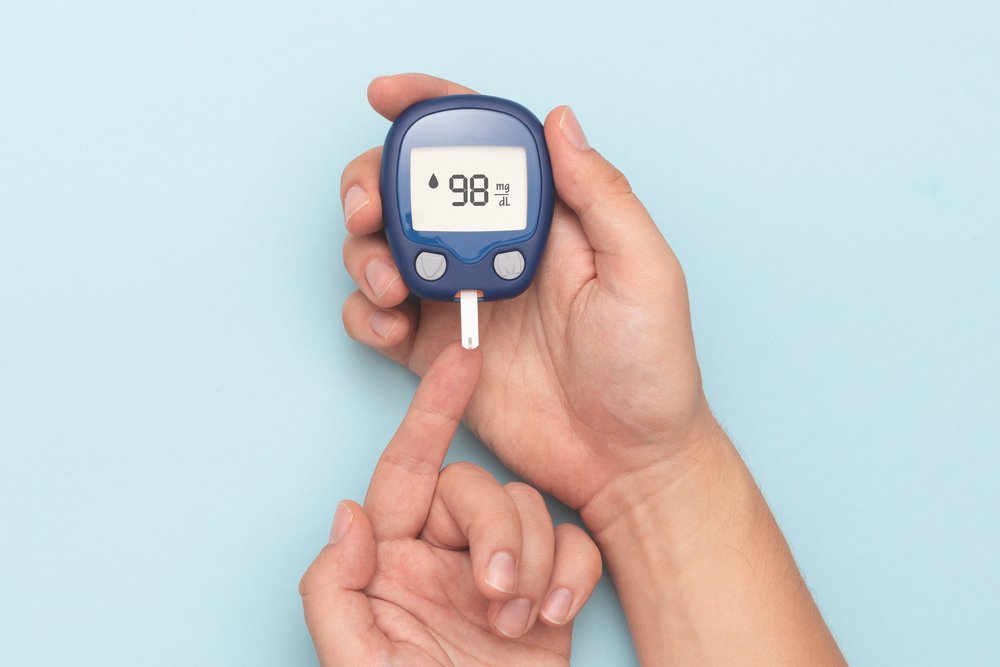Introduction:
Achieving optimal blood sugar health is a cornerstone of overall wellness. The delicate balance of glucose in our bodies plays a crucial role in maintaining energy levels, supporting cognitive function, and preventing a host of health issues. In this comprehensive guide, we will explore the intricacies of blood sugar regulation, lifestyle factors that impact glucose levels, and effective strategies for mastering glucose to promote long-term health.
Understanding Blood Sugar:
The specific type of sugar derived from the food we consume is referred to as blood sugar or glucose. It serves as the primary energy source for our cells. Carbohydrates undergo conversion within the body, transforming into glucose that is subsequently released into the bloodstream.
Here, the pancreas plays a crucial role by secreting the hormone insulin, which the body employs to regulate blood glucose levels and facilitate the entry of this vital substance into cells where it can be utilized as fuel. For individuals exploring natural ways to support blood sugar health, compounds like berberine HCL have gained attention for their potential benefits in glucose metabolism.
Blood sugar imbalances can have severe consequences. Hyperglycemia, or persistently high blood sugar, is linked to diseases like diabetes and can have negative effects on the kidneys, the heart, and the nerves. On the other side, low blood sugar, or hypoglycemia, can induce symptoms including dizziness, disorientation, and, in extreme cases, coma.
Factors Influencing Blood Sugar Levels:
Dietary Choices:
The types of food we consume have a direct impact on blood sugar levels. Simple carbohydrates, found in sugary snacks and refined grains, can cause rapid spikes in blood sugar. On the contrary, complex carbohydrates, fiber-rich foods, and sources of lean protein contribute to more stable glucose levels.
Physical Activity:
Regular exercise enhances insulin sensitivity, allowing cells to better respond to insulin and utilize glucose efficiently. Physical activity also helps regulate weight, another crucial factor in blood sugar management.
Stress Levels:
Stress triggers the release of hormones like cortisol and adrenaline, which can lead to elevated blood sugar levels. Chronic stress can contribute to long-term imbalances, emphasizing the importance of stress management techniques such as meditation and deep breathing exercises.
Sleep Quality:
Lack of sleep has been shown to cause insulin resistance and a higher chance of type 2 diabetes. Prioritizing quality sleep is essential for maintaining optimal blood sugar health.
Hydration:
Dehydration can affect blood volume and concentration, leading to higher blood sugar levels. Staying well-hydrated supports overall health and helps regulate glucose levels.
Strategies for Mastering Glucose:
Balanced Nutrition:
Adopting a well-rounded, balanced diet is fundamental to blood sugar health. Consider healthy foods a priority, such as fruits, vegetables, whole grains, and lean meats. Limit the intake of refined sugars and processed foods, as they can lead to rapid blood sugar spikes.
Carbohydrate Management:
Keep an eye on a food’s glycemic index (GI). Foods with a low glycemic index (GI) release glucose gradually, resulting in prolonged energy and avoiding sudden spikes in blood sugar levels. Whole grains, lentils, and sweet potatoes are a few types of low-GI foods.
Regular Physical Activity:
Engage in regular exercise to improve insulin sensitivity and support overall metabolic health. Aim for a combination of aerobic exercises, strength training, and flexibility exercises for comprehensive fitness.
Stress Reduction Techniques:
Incorporate stress reduction techniques into your daily routine. Practices such as meditation, yoga, and mindfulness can help manage stress levels and promote a more balanced internal environment.
Adequate Sleep:
Prioritize quality sleep by maintaining a consistent sleep schedule and creating a sleep-friendly environment. Aim for 7-9 hours of sleep per night to support overall health and blood sugar regulation.
Portion Control:
Pay attention to portion sizes to avoid overeating, which can cause blood sugar swings. Throughout the day, eating smaller, more balanced meals can aid in sustaining stable blood glucose levels.
Hydration:
Throughout the day, drink sufficient water to promote general health and assist control of blood sugar levels. Steer clear of sugar-filled drinks in excess since this might lead to blood sugar irregularities.
Regular Monitoring:
Regular monitoring is crucial for individuals with diabetes or those susceptible to blood sugar irregularities. This could involve close collaboration with medical professionals to adjust lifestyle choices and medications as needed. For those considering proactive measures to support their blood sugar health, exploring options like buy berberine might be of interest. Berberine, a natural compound, has been studied for its potential benefits in glucose metabolism, making it a noteworthy consideration for those looking to enhance their overall well-being.
Conclusion:
Mastering the ability to regulate glucose is a complex process that calls for a dedication to general well-being as well as thoughtful lifestyle decisions. People may take charge of their health and lower their chance of developing chronic illnesses linked to blood sugar imbalances by learning the variables that affect blood sugar levels and putting practical solutions into practice.
Reaching optimal blood sugar health can be achieved by dietary changes, regular exercise, stress reduction, or other lifestyle adjustments. It’s a transforming route that leads to a more balanced and healthy existence.
